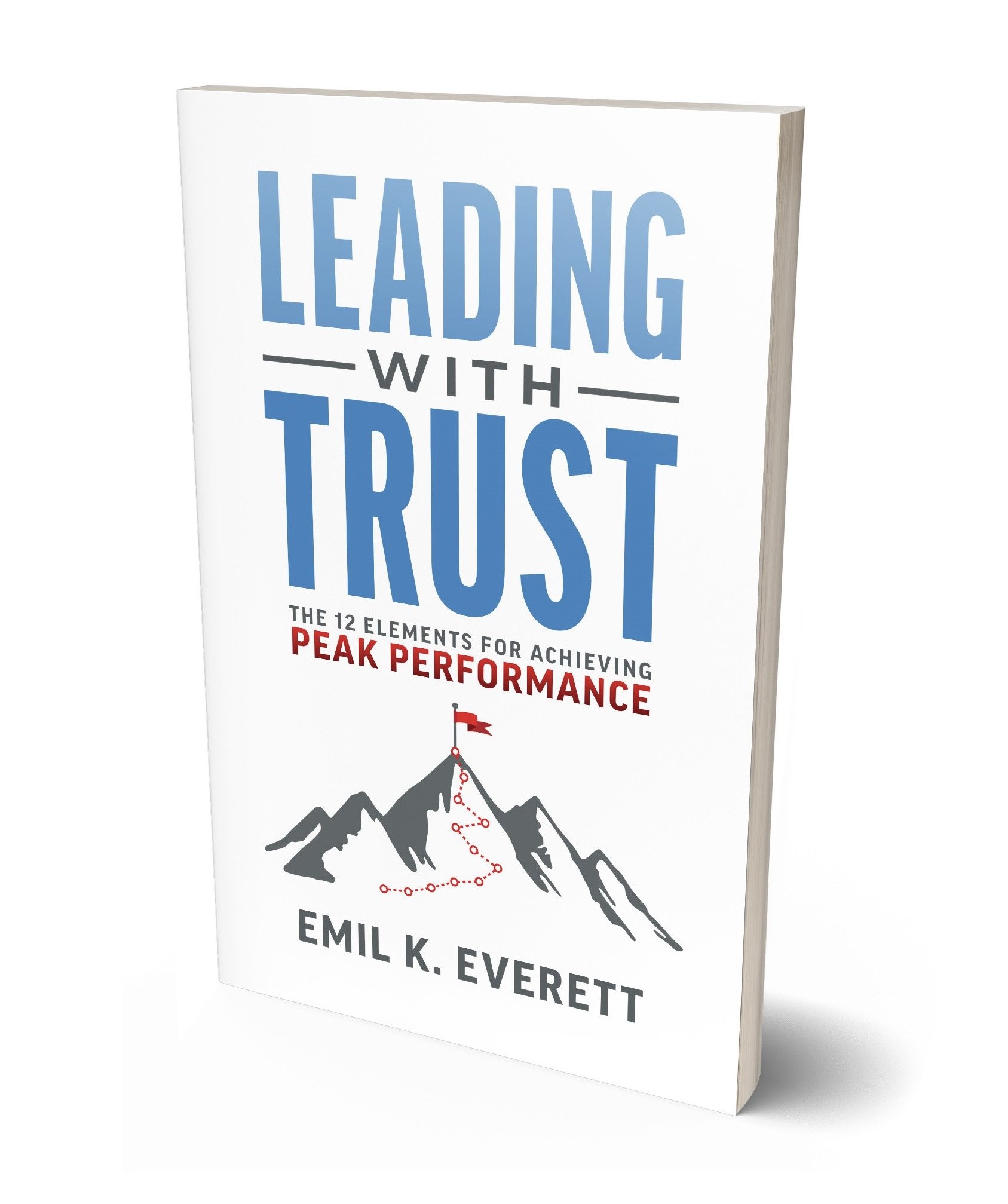Is Your Leadership Team Prepared for the Next Crisis?
In today's volatile business environment, crises like pandemics or economic recessions can strike without warning, exposing organizational vulnerabilities. When the Band-Aid is ripped off, an organization's preparedness becomes evident. Are you and your leadership team equipped to navigate the storm? Here, we explore the essential skills required to meet these challenges head-on and ensure your organization survives and thrives in adversity.
Strategic thinking and decision-making become paramount during a crisis. Leaders must develop a clear vision for the future, setting strategic priorities to guide the organization through uncertainty. Analytical skills are crucial to understanding complex situations and trends, enabling informed decisions. Decisiveness is equally important, as timely and well-considered decisions can mean the difference between success and failure.
Flexibility and resilience are critical attributes for any leader facing a crisis. The ability to adapt to changing circumstances and pivot strategies as needed ensures the organization can respond effectively to unforeseen challenges. Resilience, composure, and perseverance in adversity help sustain morale and drive progress. Innovation, encouraging creative problem-solving, and embracing new approaches are vital to overcoming obstacles and seizing new opportunities.
Effective communication is the lifeblood of crisis management. Leaders must convey information transparently, accurately, and promptly to all stakeholders. Empathy, understanding, and addressing the concerns and emotions of employees, customers, and other stakeholders build trust and solidarity. Active listening, paying attention to feedback and suggestions, fosters collaboration and informed decision-making.
Developing and implementing effective crisis response plans and procedures is essential to crisis management. Proactively identifying potential risks and mitigating them minimizes disruption. Quick problem-solving, identifying issues, and generating practical solutions under pressure keep the organization agile and responsive.
Financial stability is crucial during economic downturns. To maintain financial health, leaders must understand financial statements, budgeting, and cash flow management. Implementing cost control measures and optimizing resources ensures sustainability. Prudent investment decisions support long-term growth and resilience.
In a digital age, leveraging technology enhances remote work capabilities, data analysis, and communication. Leaders must be digitally literate and understand and utilize technology to improve efficiency and productivity. Cybersecurity awareness protects the organization from threats, ensuring data integrity. Embracing new technologies drives innovation and competitive advantage.
Strong relationships with stakeholders, including employees, customers, suppliers, and investors, are critical during crises. Fostering a collaborative and supportive team environment builds resilience and trust. Networking with professional contacts provides insights, resources, and support, enhancing the organization's ability to navigate challenges.
Leading and managing organizational change effectively ensures smooth transitions and stakeholder buy-in. Providing training and development opportunities helps employees adapt to new roles and responsibilities. Promoting a culture of agility, resilience, and continuous improvement prepares the organization for future disruptions.
Upholding ethical standards and transparency in all actions builds trust and credibility. Ensuring diversity and inclusion in decision-making processes and organizational practices fosters a supportive and innovative environment. Considering the broader impact of decisions on society and the environment demonstrates corporate social responsibility.
Leaders must prioritize their development to lead effectively. Self-awareness, recognizing personal strengths and weaknesses, and seeking continuous self-improvement enhance leadership capabilities. Managing personal stress and maintaining mental well-being ensure sustained performance. Learning and staying informed about industry trends and best practices prepare leaders for emerging challenges.
When the Band-Aid is ripped off, the actual readiness of an organization and its leadership team is revealed. By cultivating the above skills, leaders can effectively guide their organizations through crises, minimizing negative impacts and positioning for recovery and growth. Are you and your leadership team prepared for the next crisis? Now is the time to assess, develop, and strengthen your capabilities to ensure your organization's resilience and success in an unpredictable world.

